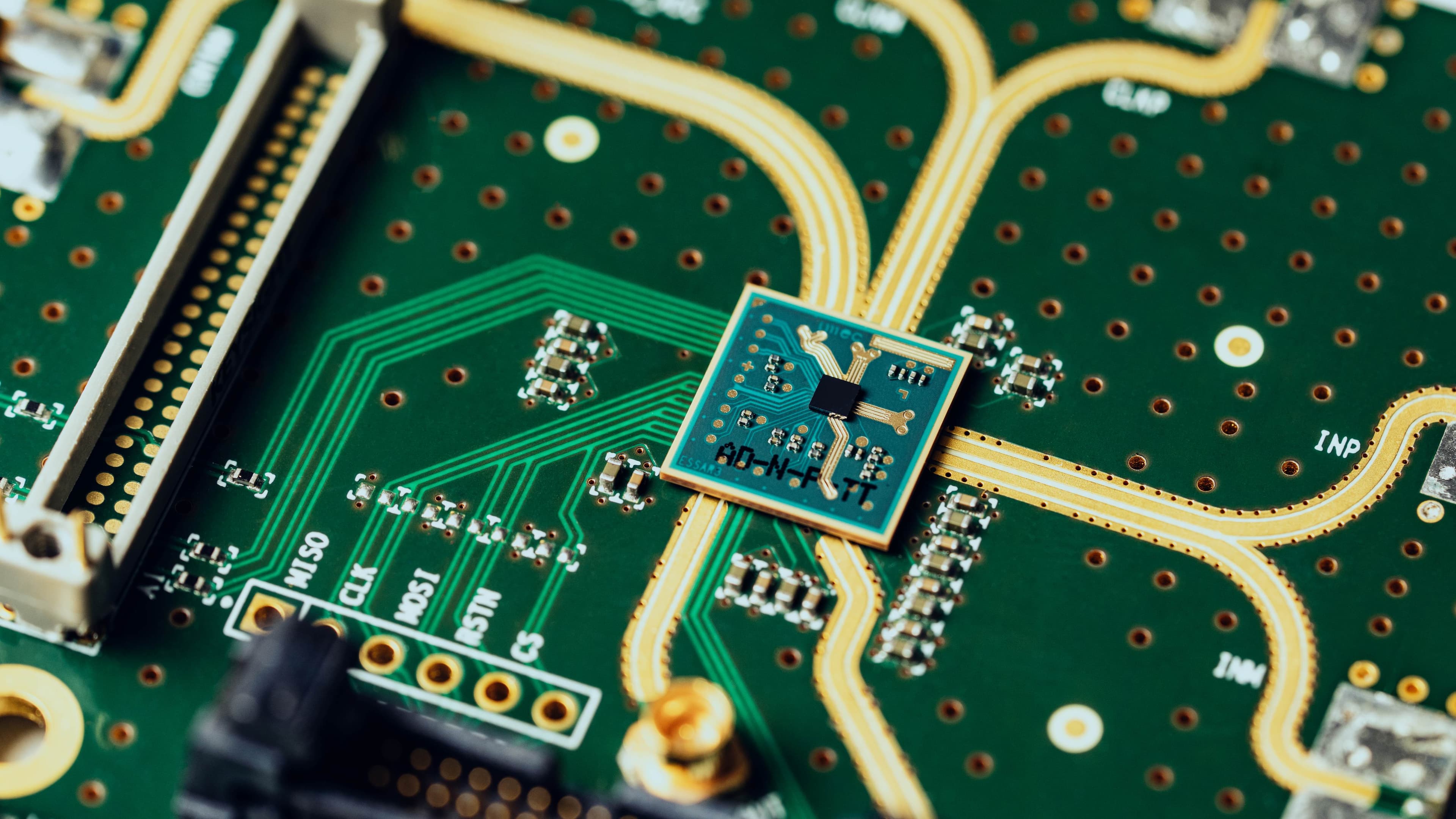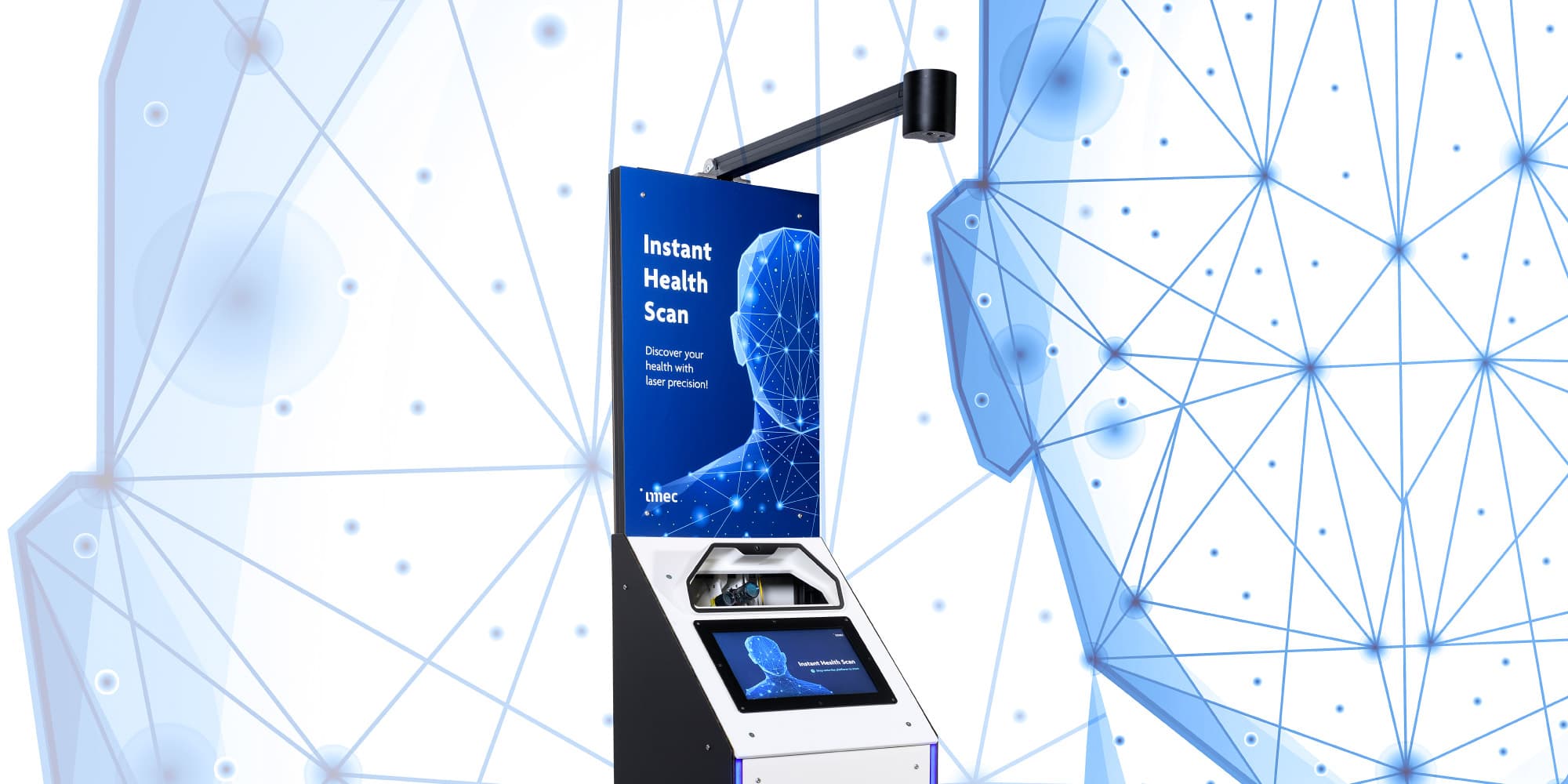During the EAB Research Projects Conference, which will take place in Darmstadt (Germany) from 16thto 18thSeptember 2019, PYCSEL project will participate both presenting and demonstrating the innovative thermal biometric sensor technology to the Biometric community.
The European funded PYCSEL (PYroelectric Conformable SEnsor matrix for Large area applications in security and safety) project has been previously shown in the OE-A Competition. This competition was held during the LOPEC event at Messe München convention center in Munich during the days 19thto 21stMarch 2019.
LOPEC (https://www.lopec.com) is the leading trade fair and one of the most important conferences for the printed electronics industry. In this event, the OE-A (Organic and Printed Electronics Association) celebrated a competition (https://www.lopec.com/general/program/lopec-award/) where engineers, scientists and companies have presented future applications, which incorporate organic and printed electronics.
PYCSEL (PYroelectric Conformable SEnsor matrix for Large area applications in security and safety) Project was awarded as the Best Publicly-funded Project Demonstrator.
PYCSEL sensor is the world's first fingerprint sensor that combines printed pyroelectric PVDF-based layers above an IGZO-TFT active matrix on a flexible plastic foil. PYCSEL is an active thermal fingerprint sensor: ridges are touching the pixels, pumping heat, creating a temperature difference with valleys, which are not in touch with the sensor. The demonstrator is a one-finger sensor, 256x256 pixels @ 500 ppi. It has produced its first images with the demo shown in the OE-A competition, and biometric experts of the PYCSEL consortium are now testing its performance.
In the following video, some features of the sensor can be observed:

Images provided by PYCSEL sensor
The award obtained in the OE-A competition shows the importance of the use of printed electronics in the biometric world, as this new sensor provides some features, which make it suitable for several applications such as smartcards, automotive scenarios, such as steering wheels or gears, etc., providing a solution that is not bulky with high resolution and low cost.
This initial 256x256 pixel sensor is a step demonstrating the technology capability. The final objective of the project is a 4 finger slap sensor with 1500x1600 pixels (active area of 75 x 80 mm2).
PYCSEL project is a European H2020 funded project, which is devoted to developing a new fingerprint sensor, using TOLAE (Thin, Organic and Large Area Electronics) technology. The project started on January 1st 2017, coordinated by CEA and the consortium is formed by key partners in the different areas covered in the project: from specialized electronic partners such as Irlynx (France), imec (Belgium), Nederlandse Organisatie Voor Toegepast Natuurwetenschappelijk Onderzoek TNO (the Netherlands) and Holst Centre (the Netherlands), systems designers as Bioage SRL (Italy) to biometric industry leader as IDEMIA (France) or Universidad Carlos III Madrid and final users as Autoliv (Sweden).

About CEA
CEAis a French research-and-technology organization with activities in energy, information technology, healthcare, defense and security. CEA-Tech which is one of its divisions, focuses on creating value and innovation through technology transfer to its industrial partners. It operates 8,000-m² of state-of-the-art clean room space on 200mm and 300mm wafer platforms and as well the printed platform called “PICTIC” dedicated to TOLAE activities. It employs 4,500 scientists and engineers including 300 Ph.D. students and 300 assignees from partner companies. CEA-Tech owns more than 2,200 patent families. The entity of CEA-Tech involved as the coordinator of the PYCSEL project is the Structural Electronics Unit together with CEA-Tech experts in biometrics. The Structural electronics unit consists of more than 50 persons devoted to printing process development for organic devices (OTFT, OPD, sensors and actuators), organic device modeling and characterization as well as hybridization process development and backend activities. This unit operates the French printing pilot platform PICTIC.
About IDEMIA
IDEMIA, the global leader in Augmented Identity, provides a trusted environment enabling citizens and consumers alike to perform their daily critical activities (such as pay, connect, travel and vote), in the physical as well as digital space.
Securing our identity has become mission critical in the world we live in today. By standing for Augmented Identity, an identity that ensures privacy and trust and guarantees secure, authenticated and verifiable transactions, we reinvent the way we think, produce, use and protect one of our greatest assets – our identity – whether for individuals or for objects, whenever and wherever security matters. We provide Augmented Identity for international clients from Financial, Telecom, Identity, Public Security and IoT sectors.
With 13,000 employees around the world, IDEMIA serves clients in 180 countries.
About IRLYNX
IRLYNX is a French start-up, created in 2012, based in Grenoble, offers to interactive product makers’ news capabilities to sense, understand and characterize motion and behavior of their users in the vicinity of their systems. Based on disruptive technology with thermal vision capability, IRLYNX products are simplest, more reliable and price compatible with high volume markets, allowing our customers to deliver new usages, news services and new experiences. Applications are various, especially in smart buildings around energy saving, safety, security and assisted living.
About imec
Imec is a world-leading research and innovation hub in nanoelectronics and digital technologies. The combination of our widely acclaimed leadership in microchip technology and profound software and ICT expertise is what makes us unique. By leveraging our world-class infrastructure and local and global ecosystem of partners across a multitude of industries, we create groundbreaking innovation in application domains such as healthcare, smart cities and mobility, logistics and manufacturing, energy and education.
As a trusted partner for companies, start-ups and universities we bring together more than 4,000 brilliant minds from over 97 nationalities. Imec is headquartered in Leuven, Belgium and has distributed R&D groups at a number of Flemish universities, in the Netherlands, Taiwan, USA, and offices in China, India and Japan. In 2018, imec's revenue (P&L) totaled 583 million euro. Further information on imec can be found at www.imec-int.com.
Imec is a registered trademark for the activities of IMEC International (a legal entity set up under Belgian law as a "stichting van openbaar nut”), imec Belgium (IMEC vzw supported by the Government of Flanders), imec the Netherlands (Stichting IMEC Nederland, part of Holst Centre which is supported by the Dutch Government), imec Taiwan (IMEC Taiwan Co.), imec China (IMEC Microelectronics (Shanghai) Co. Ltd.), imec India (Imec India Private Limited) and imec Florida (IMEC USA nanoelectronics design center).
About TNO
The Netherlands Organization for Applied Scientific Research (TNO) is an independent research organization. We connect people and knowledge to create innovations that boost the sustainable competitive strength of industry and well-being of society. Now and in the future. This is our mission and it is what drives us, the over 3.000 professionals at TNO, in our work every day. We work in collaboration with partners and focus on transitions or changes in nine social themes that we have identified together with our stakeholders.
Imec, together with TNO, is a founding partner of Holst Centre, which is an independent R&D center that develops technologies for wireless autonomous sensor technologies and flexible electronics, in an open innovation setting and in dedicated research trajectories. Holst Centre's fundamentals are to contribute to answering global societal challenges in healthcare, lifestyle, sustainability and the Internet of Things.
About Autoliv
Autoliv Inc., the worldwide leader in automotive safety systems, develops and manufactures automotive safety systems for all major automotive manufacturers in the world. Autoliv is a pioneer in both seatbelts and airbags, and a technology leader with the widest product offering for automotive safety. Together with its joint ventures, Autoliv has around 80 facilities with over 64,000 employees in 29 countries. In addition, the Company has 18 technical centers in nine countries around the world, with 20 test tracks, more than any other automotive safety supplier. Sales in 2015 amounted to US $9.2 billion. Autoliv has developed and produce vision, infrared and radar based automotive safety systems, which are now in production by several automotive OEMs.
About Bioage
BioAge is an Italian technological SME that develops and produces measurement instruments based on sensors and biosensors and real time monitoring systems. The company develops several kinds of transducers, such as nanogravimetric, capacitive and infrasonic wave systems. BioAge produces highly accurate quartz crystal microbalances (QCM) systems, developed for piezoelectric gravimetry in the ng-pg range, such instruments are commonly used by research centers and universities, the application fields is extremely large and thanks to their extreme accuracy and sensitivity our instruments are employed in the nano-technology basic research. BioAge designs, produces and installs infrasonic monitoring systems, used to monitor in real time the volcanic activity. For more info, please check our website at www.bioage-srl.com.
About UC3M
University Carlos III of Madrid (http://www.uc3m.es) is one of Spain’s most prestigious technical Universities. Research at Carlos III University of Madrid (UC3M) has always been one of the basic pillars of the University’s activities, both to improve teaching and to generate new knowledge and new lines of research. Within UC3M, the Electronics Technology Dpt. has 5 Research Groups. Among them, the University Group for Identification Technologies (GUTI – http://www.guti.uc3m.es) has a great experience in Biometrics, Smart Cards, Security in Identification Systems and testing biometric systems. The work in R&D lines has leaded to hold the Secretariat in the Spanish Mirror Subcommittee in Biometrics (AEN/CTN71/SC37) and the Chair in the Spanish Mirror Subcommittee in Identification Cards (AEN/CTN71/SC17).
Published on:
31 July 2019












